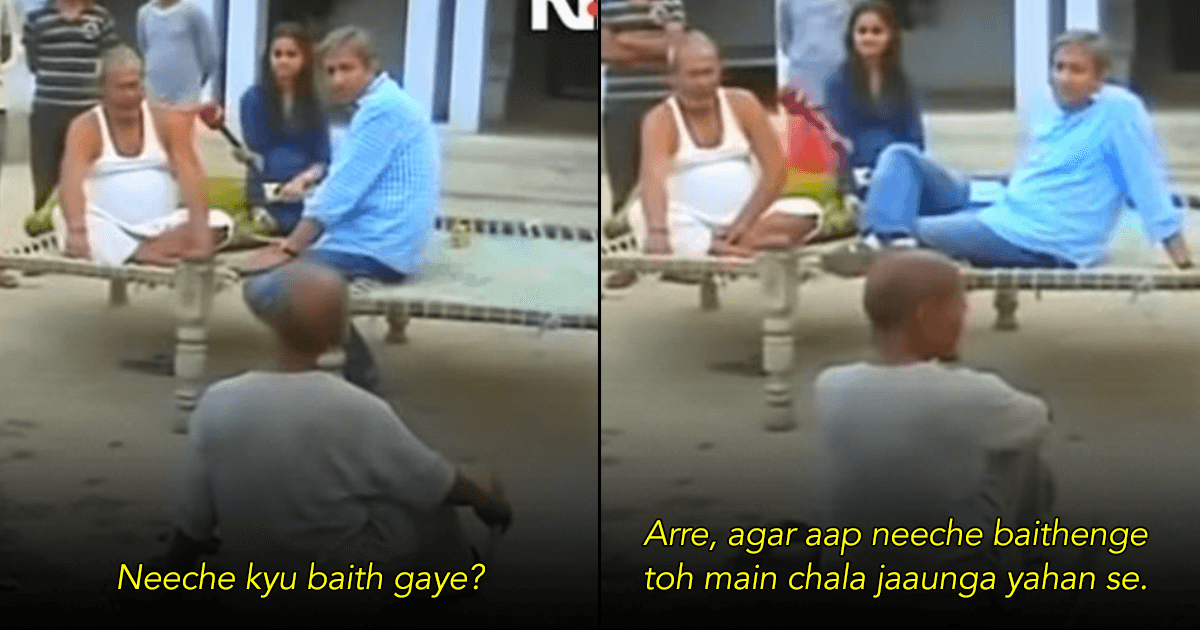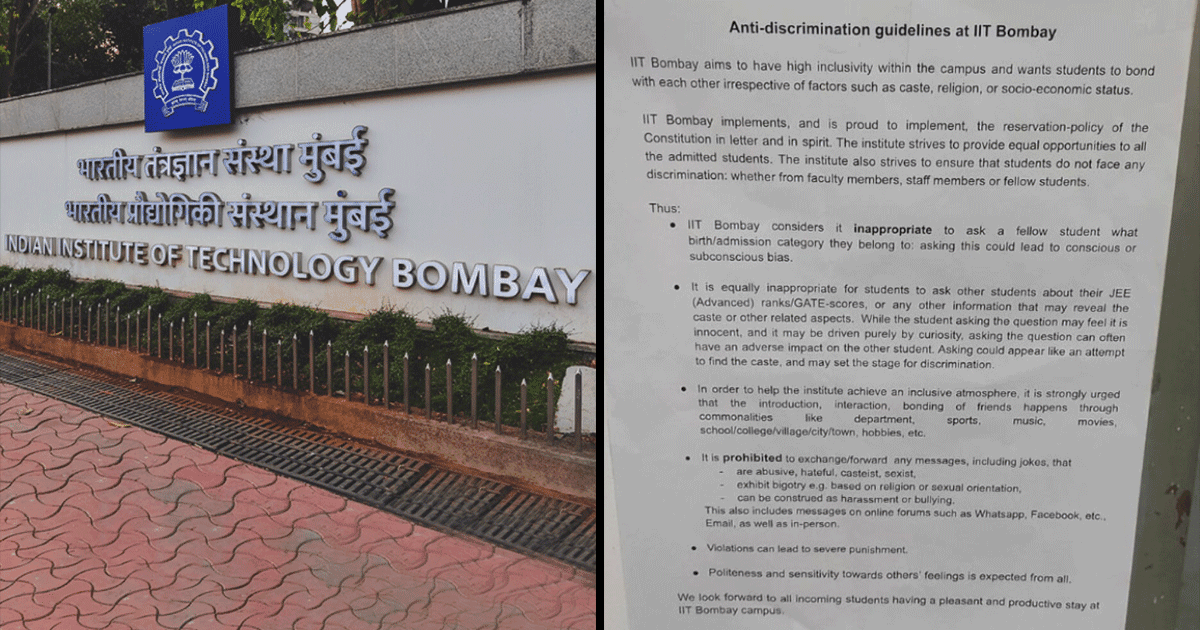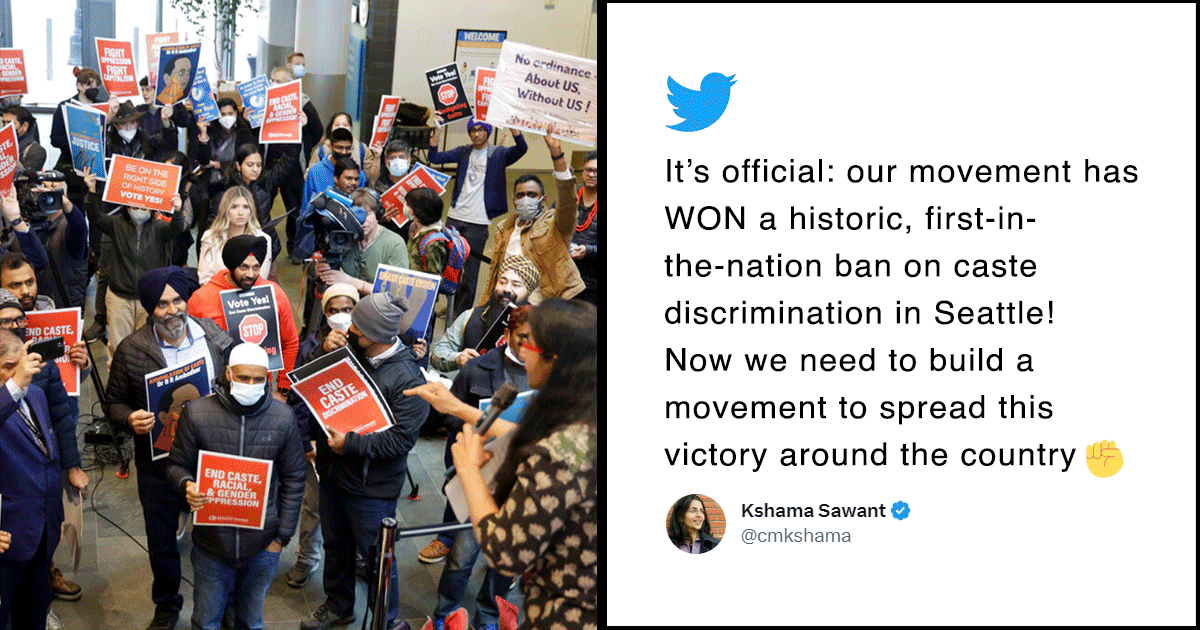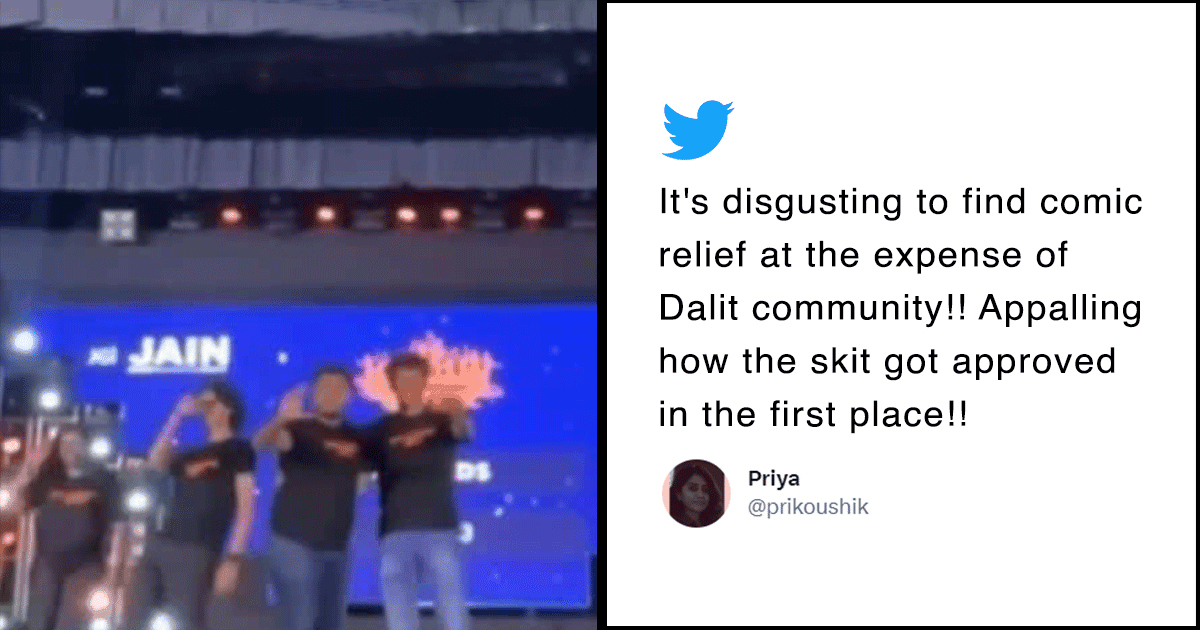Disclaimer: The views expressed in the article are personal.
To the many savarna people who will read this article and go, “There she goes again with her caste rant. And then they say we are being casteist when they won’t stop talking about it. Just leave it already na!”; this one’s for you.
When author Yashica Dutt ‘came out’ with her book Coming Out as Dalit: A Memoir in 2019, I became restless. There was a part of me that wanted to tell the world who I am loudly, too, but the other part would pull me back as soon as I thought of it. It was the fear of being ‘found out’. It wasn’t until I wrote about my experience, and put pen to my thoughts, that things shifted.
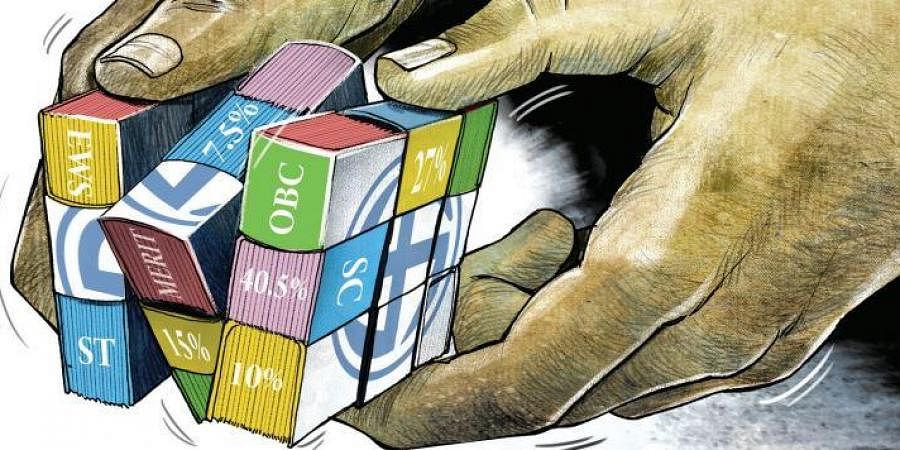
The response I received was unexpected. People applauded me for being brave and bold. However, because I belong to a liberal college like LSR, I was congratulated. The world is the same and I am still struggling for an identity I can proudly call mine. People say that caste is dead in the cities, but I know the reality. With that identity attached to your name, you can never be fully free.

Still living in the same world with the same people, here are 8 things I feel being an ‘urban Dalit’.
1. I feel uncomfortable when people start introducing themselves as Marwaris, Baniyas and Brahmins.
Because I never know what to say. Do you outrightly tell the people in the group that you are a Dalit, or do you make up a fake identity? I can never decide, as I have been told to look down upon my caste by society. While people proudly talk about their names and identities, I sit uncomfortably shuffling my feet. I can’t just assert my identity as a Hindu which I believe it to be. After all, I worship the same Gods and celebrate the same festivals as them. Then why the ‘Who are YOU‘ question?
2. And when people start talking about reservations.
While people LOVE dissing the idea of reservations of the SC, ST and OBC communities, I hate being part of the discussion. When 20 pairs of eyes stare right at you to debate (read: argue) on the subject when you try to tell them why it’s important, it’s better to just shut up, because in most cases you are not being heard to understand. Being the only Dalit in a whole group of savarnas is enough to raise this question in my head: am I even “qualified” to speak?
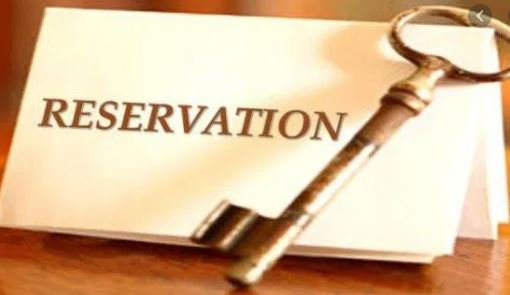
3. I dreaded telling people my percentage that got me admission into my college.
Because the cutoff was at 97%, and I had just scored a mere 96%. I didn’t want to get the *looks* when people would realize and mumble to themselves, often with a dash of superiority complex, “oh, quota, lol.“
4. I constantly battle impostor syndrome.
Now that you know how low I scored and still got admission into one of the most prestigious colleges in the country, you can well imagine the bouts of impostor syndrome I often have. No one lets me forget where I come from, and hence I constantly question myself when I achieve anything, “Do I deserve this?”
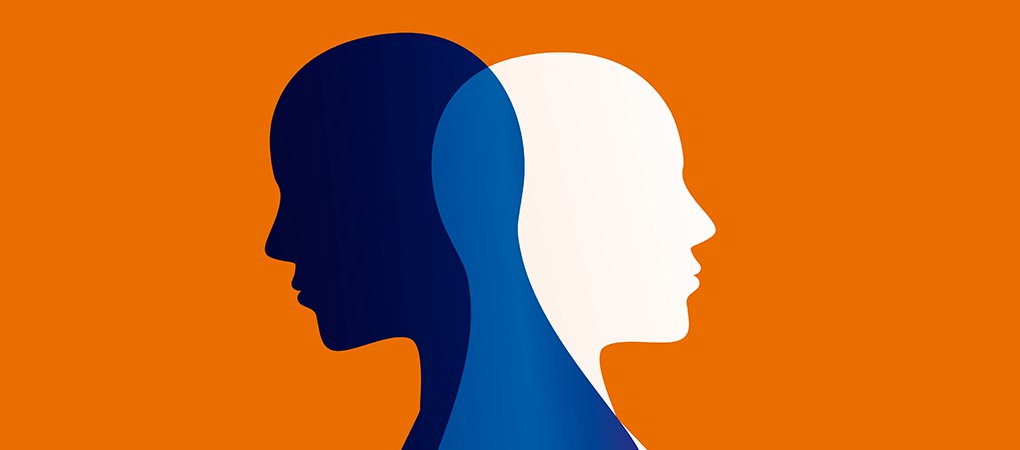
5. I feel unsafe when I read the news.
Being a woman AND a Dalit, I am supposed to belong to the lowest echelon of society. And hence when I read the news of violence against Dalits and women, I immediately feel threatened. How long till I am the one attacked?
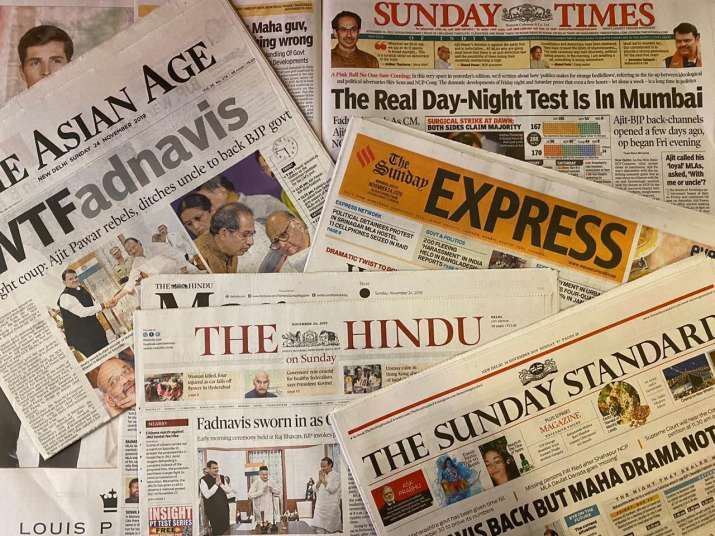
6. I feel personally attacked when people speak casteist slurs.
“You look no less than chuhra-chamar, hehehe!” I hate it when people mindlessly say such things. But I have to remain silent, as how many people can I confront? For the last time, it’s not a so-called insult you are saying: it’s my identity and the people of my community you are talking about.
7. The only legacy I can talk of is the generational trauma that is passed on in my family.
While UC people boast of their scholar grandfathers, property across the country, their rich heritage and religious traditions, I have nothing of that sort I can speak of. People say that because I belong to a financially-stable household and live in a city, I don’t experience caste discrimination. But I have heard of stories passed on by my parents about the shameful atrocities my grandfather and forefathers had to go through. The tales of survival and trying to fit into society is the only legacy I have been passed on.
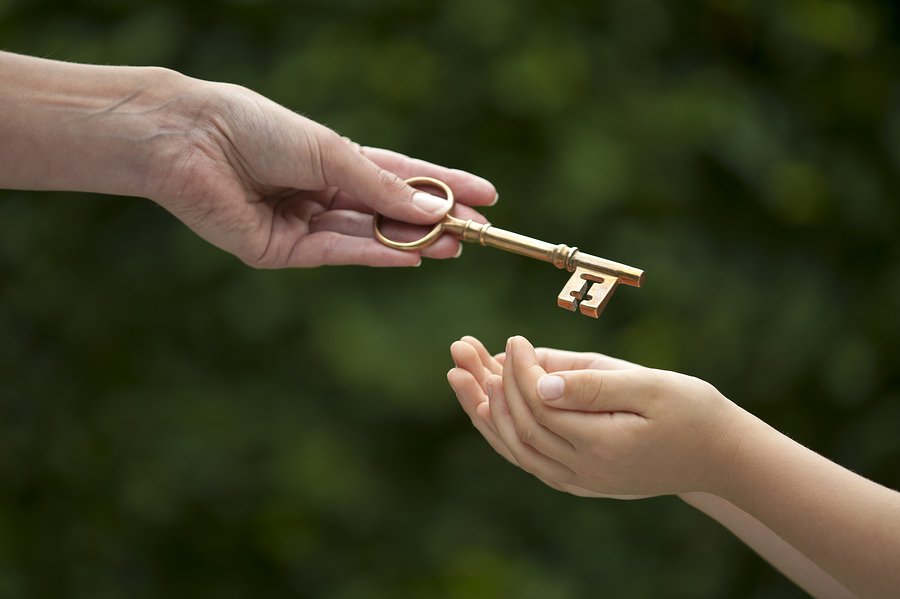
8. I am a leap behind in the race of today, and I know that I have to work harder.
Being only the third generation of educated individuals in my family, I know that I am way behind other upper caste people who had English-speaking forefathers or other, similar privileges. My friends tell me how their grandmothers would teach them during school, while I can only think of how my grandmothers are illiterate. I have to work harder and achieve better to prove my worth and beat that impostor syndrome that keeps nagging at me.

No, caste is not dead, and will never be as long as we keep associating names with identities. Did you go back to read my last name, which is what people generally use as their middle name? If you just did, congrats, you are part of the system.




